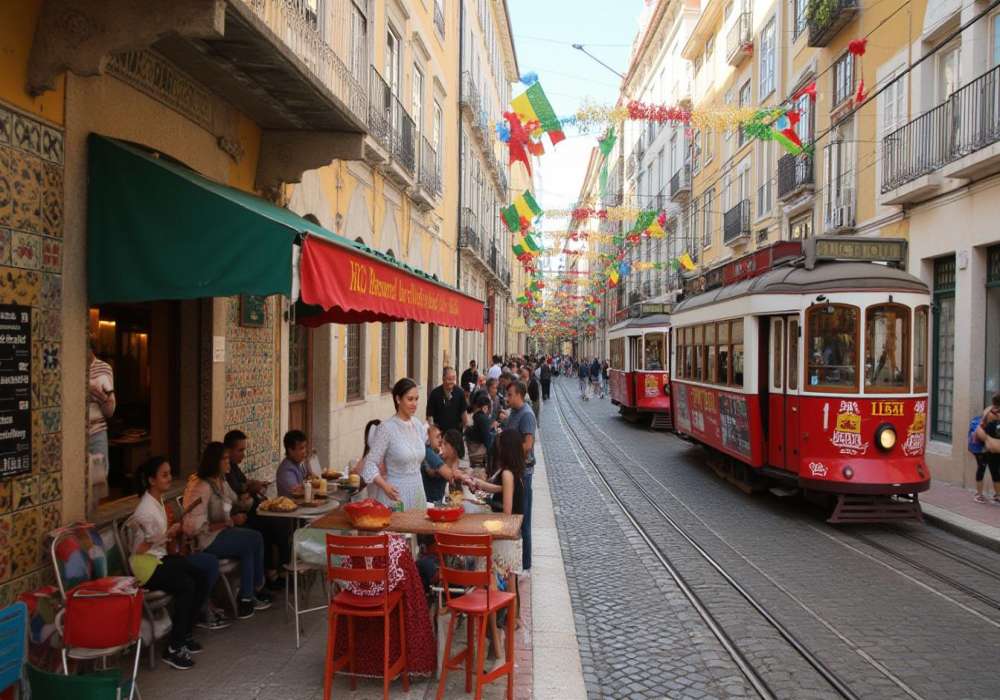
Last Updated At: 01-Sep-2025
Culture Of Portugal | history, people and traditions
The Culture of Portugal is a captivating blend of history, music, cuisine, and festivals that echoes the nation's rich heritage. One of the most enchanting aspects is Portuguese traditional music, particularly Fado. This melancholic genre encapsulates deep emotions and stories of longing, often accompanied by the soulful strumming of a guitar. Fado's heartfelt tunes provide:
- A window into Portugal's emotional landscapes.
- Capturing the essence of saudade.
- A unique Portuguese term for a sense of melancholic yearning.
Portuguese cuisine is another cornerstone of the country's Culture, celebrated locally and internationally. From the iconic Pastéis de Nata, custard-filled pastries, to the exquisite flavours of Bacalhau à Brás, a traditional codfish dish, Portugal's culinary offerings reflect a harmonious blend of influences from its maritime history. The nation's coastal location ensures an abundance of fresh seafood, inspiring many delightful dishes that are savoured in family gatherings, local taverns, and Michelin-starred restaurants.
Culture of Portugal | Tracing the Spiritual Journeys Embedded in Portuguese Culture
Cultural festivals in Portugal punctuate the yearly calendar with a joyful rhythm. The São João Festival in Porto and the Santo António Festival in Lisbon are vibrant examples of how the Portuguese come together to celebrate their patron saints. These festivities include lively street parties, traditional music and dance, and abundant conventional foods and drinks. Such events not only celebrate the country's rich history and traditions but also bring communities and visitors together to revel in the infectious spirit of Portuguese Culture.
- Harmonious Fado | Portuguese Traditional Music
- Flavours of Portugal | Exploring Portuguese Cuisine
- Fiesta Vibes | Cultural Festivals in Portugal
- Artisanal Treasures | Portuguese Traditional Crafts
- Lively Rhythms | Portuguese Dance Forms
- Tales of Time | Cultural Heritage of Portugal
- Threads of Tradition | Traditional Clothing in Portugal
- Spiritual Mosaic | Religious Beliefs of Portugal
- Architectural Splendour | Architecture of Portugal
- Cinematic and Literary Portugal | Films and Literature
1. Harmonious Fado | Portuguese Traditional Music
Fado, the soulful and melancholy genre of Portuguese music, is a testament to the nation's poetic and emotional depth. Emerging from the streets of Lisbon in the early 19th century, Fado captures the essence of saudade—a feeling of longing and nostalgia. With its haunting melodies and heartfelt lyrics, Fado often tells stories of love, loss, and the human experience. Accompanied by the traditional Portuguese guitar, Fado singers pour their emotions into every note, connecting the music and the listener's soul. Fado transcends language barriers, evoking a sense of shared human sentiment. It symbolises Portuguese identity and is a living testament to the country's ability to express profound emotions through music.
2. Flavours of Portugal | Exploring Portuguese Cuisine
Portuguese cuisine is a treasure trove of flavours and culinary traditions shaped by centuries of exploration and trade. The country's strategic maritime location was pivotal in introducing exotic ingredients like spices, seafood, and fruits. Bacalhau à Brás (salted cod with eggs and potatoes) and pastéis de nata (custard tarts) embody Portuguese gastronomic heritage. Seafood takes centre stage in Portuguese cuisine, with dishes like grilled sardines and caldeirada (fish stew) celebrating the country's deep connection to the ocean. The hearty and aromatic cozido à Portuguesa showcases the influence of rural farming traditions. Portuguese cuisine is a feast of textures and flavours that reflect the country's history, geography, and cultural diversity.
3. Fiesta Vibes | Cultural Festivals in Portugal
Portugal's cultural festivals are a colourful tapestry of traditions, music, and celebrations that span the length and breadth of the country. The spirited Carnival of Loulé fills the streets with vibrant costumes and lively parades. At the same time, the Festas de São João in Porto are a joyous midsummer celebration with dancing, bonfires, and sardines. The Festa dos Tabuleiros in Tomar is a unique event where locals carry towering displays of bread and flowers through the streets. These festivals, deeply rooted in history and religion, unite communities to honour saints, folklore, and local customs. The Fiesta Vibes of Portugal resonate with its people's passion, pride, and unity.
4. Artisanal Treasures | Portuguese Traditional Crafts
Portugal's traditional crafts reflect its artisanal skill, creativity, and dedication to preserving its heritage. The intricate azulejos (ceramic tiles) that adorn buildings and depict stories from Portugal's history showcase the artistry of tile-making. From bags to accessories, handcrafted cork products celebrate the country's extensive cork industry. Traditional lacework, like the delicate filigree and bobbin lace, reflects the intricate craftsmanship passed down through generations. These artisanal treasures embody Portugal's cultural identity and contribute to its economy and global reputation. By nurturing and promoting traditional crafts, Portugal ensures its unique heritage continues thriving.
5. Lively Rhythms | Portuguese Dance Forms
Portugal's dance forms embody the country's vitality, joy, and cultural diversity. Portuguese dance's energetic and rhythmic nature is evident in traditional folk dances like the vira, corrido, and Chula. These lively dances often involve intricate footwork, vibrant costumes, and a strong sense of community. The fandango, a dance of northern Portugal, captures the spirit of celebration, while the chamarrita of the Azores reflects the islands' unique cultural influences. Portuguese dance is a way to express shared experiences, celebrate milestones, and pay homage to local traditions. The lively rhythms of Portuguese dance forms unite people and celebrate the movement's beauty.
6. Tales of Time | Cultural Heritage of Portugal
Portugal's cultural heritage is an enchanting journey through time, showcasing the remnants of its history as a maritime power, colonial empire, and artistic hub. The historic centre of Porto, a UNESCO World Heritage site, is a testament to the city's mediaeval and baroque influences. The Tower of Belém in Lisbon narrates the country's Age of Discovery, while the Monastery of Batalha is a masterpiece of Gothic architecture. The cultural heritage encompasses art, literature, architecture, and more, offering a glimpse into Portugal's dynamic past. These "Tales of Time" remind the country of resilience, creativity, and enduring legacy.
7. Threads of Tradition | Traditional Clothing in Portugal
Traditional clothing in Portugal weaves a story of identity, craftsmanship, and cultural pride. The colourful and intricate costumes of festivals like the Festas de São João in Porto and the Romaria de Nossa Senhora da Agonia in Viana do Castelo are visual expressions of regional diversity. The pano da Costa, a traditional hand-woven woollen fabric, has adorned villagers for generations, symbolising rural life and heritage. The beautifully embroidered aprons, vests, and shawls showcase the blending of fashion and tradition. Traditional clothing in Portugal is a thread connecting the past with the present, and it serves as a living testimony to the country's rich cultural tapestry.
8. Spiritual Mosaic | Religious Beliefs of Portugal
Portugal's religious beliefs form a diverse and harmonious mosaic that reflects the country's historical ties to Christianity and its global interactions. The ornate baroque churches, such as the Sanctuary of Fátima, attract pilgrims worldwide, while the stunning Sé Cathedral in Porto narrates the history of Portuguese bishops. The spiritual mosaic extends to the rich cultural traditions of festivals, processions, and rituals that unite communities in faith. The religious beliefs of Portugal mirror its social fabric, fostering values of compassion, community, and shared devotion.
9. Architectural Splendour | Architecture of Portugal
The architecture of Portugal is a masterpiece of styles, from Moorish influences to Manueline extravagance and contemporary innovation. The intricate azulejos on facades and interior walls showcase intricate tilework that adorns historic buildings. The Gothic masterpiece of the Batalha Monastery and the elegance of the Palace of Pena in Sintra showcase Portugal's royal legacy. With its narrow streets and labyrinthine alleys, the Alfama district in Lisbon exudes mediaeval charm. The architectural splendour of Portugal is a visual feast that captures the country's dynamic history and aspirations for the future.
10. Cinematic and Literary Portugal | Films and Literature
Portugal's cinematic and literary contributions are windows into its Culture, society, and collective imagination. Filmmakers like Manoel de Oliveira and Pedro Costa have garnered international acclaim for their distinctive storytelling and artistic vision. Portuguese literature, from the epic poetry of Luís de Camões to the modern works of José Saramago and Fernando Pessoa, explores themes of identity, existentialism, and the human experience. These literary and cinematic narratives serve as mirrors reflecting Portugal's complexity, resilience, and evolving perspectives. They invite audiences to journey through the mind's and society's landscapes, exploring the essence of being Portuguese.
The Culture of Portugal is a vibrant tapestry woven from centuries of history, art, tradition, and diversity. From the haunting melodies of Fado to the tantalising flavours of its cuisine, from the spirited festivals that bring communities together to the intricate craftsmanship of its traditional crafts, Portugal's Culture encapsulates the essence of a nation that has been shaped by exploration, creativity, and a deep-rooted connection to its roots. The architectural marvels, the rich literary and cinematic contributions, and the spiritual mosaic of religious beliefs intertwine to create a captivating narrative of Portugal's past, present, and future. So, let Adotrip be your guide as you embark on a cultural odyssey through Portugal's past and present, where each step unveils a new layer of history, a fresh perspective on tradition, and an appreciation for the diverse beauty that defines this captivating nation.
With us, nothing is far!
Frequently Asked Questions about the Culture of Portugal
Q1. What are some traditional aspects of Portuguese Culture?
A1. Traditional aspects of Portuguese Culture include:
- Fado music
- Azulejos (ceramic tiles)
- Religious festivals
- Traditional crafts (e.g., cork products, lacework)
- Regional cuisine and wine
Q2. How important is Fado music in Portuguese Culture?
A2. Fado music is highly important in Portuguese Culture:
- Symbolises saudade (longing)
- Conveys deep emotions and stories
- Reflects national identity and history
- UNESCO Intangible Cultural Heritage
Q3. What role does seafood play in Portuguese cuisine and Culture?
A3. Seafood plays a significant role in Portuguese cuisine and Culture:
- Abundance due to the coastal location
- Featured in iconic dishes like bacalhau (salted cod)
- Celebrated during festivals and family gatherings
- Reflects historical ties to the sea
Q4. How do Portuguese festivals like Carnival and Festa de São João reflect the Culture?
A4. Portuguese festivals like Carnival and Festa de São João reflect the Culture by:
- Showcasing vibrant costumes and parades
- Incorporating music, dance, and street celebrations
- Honouring religious and folk traditions
- Promoting community cohesion and joy
Q5. What is the significance of azulejos (decorative ceramic tiles) in Portugal's Culture?
A5. Azulejos hold significant importance in Portugal's Culture:
- Adorn buildings with intricate designs
- Depict historical, religious, and artistic themes
- Symbolise the country's artistic heritage
- Contribute to architectural beauty and identity
Q6. How has Portugal's history of exploration influenced its cultural identity?
A6. Portugal's history of exploration has influenced its cultural identity by:
- Introducing diverse influences from colonised regions
- Fostering trade connections with distant lands
- Shaping architecture, cuisine, and artistic styles
- Inspiring a sense of adventure and a global perspective
Q7. What are some common customs and etiquette practices in Portuguese society?
A7. Common customs and etiquette practices in Portuguese society include:
- Greeting with handshakes and light kisses on the cheeks
- Using formal titles and last names when addressing others
- Taking off shoes when entering homes
- Being punctual for social events and appointments
- Showing respect to elders and using honorifics
Q8. How do Portuguese people celebrate religious holidays such as Easter and Christmas?
A8. Portuguese people celebrate religious holidays like Easter and Christmas by:
- Attending church services and processions
- Sharing festive meals with family and friends
- Exchanging gifts and traditional treats
- Creating nativity scenes during Christmas
- Participating in cultural and religious traditions
Q9. What traditional folk dances are popular in Portuguese Culture?
A9. Traditional folk dances popular in Portuguese Culture include:
- Vira and corroding
- Chamarrita (Azores)
- Fandango (Northern Portugal)
- Chula (Minho region)
- Baile Mandado (Beira region)
Q10. How have modernisation and globalisation impacted traditional aspects of Portuguese Culture?
A10. Modernisation and globalisation have impacted traditional aspects of Portuguese Culture by:
- Introducing new influences and trends
- Changing lifestyles and consumption habits
- Diminishing some traditional practices
- Encouraging cultural fusion and adaptation
- Preserving and revitalising certain traditions
--- Published By Adotrip
Latest Blogs

Cash in the Wild: My Safari Adventure Across Kenya with Only...
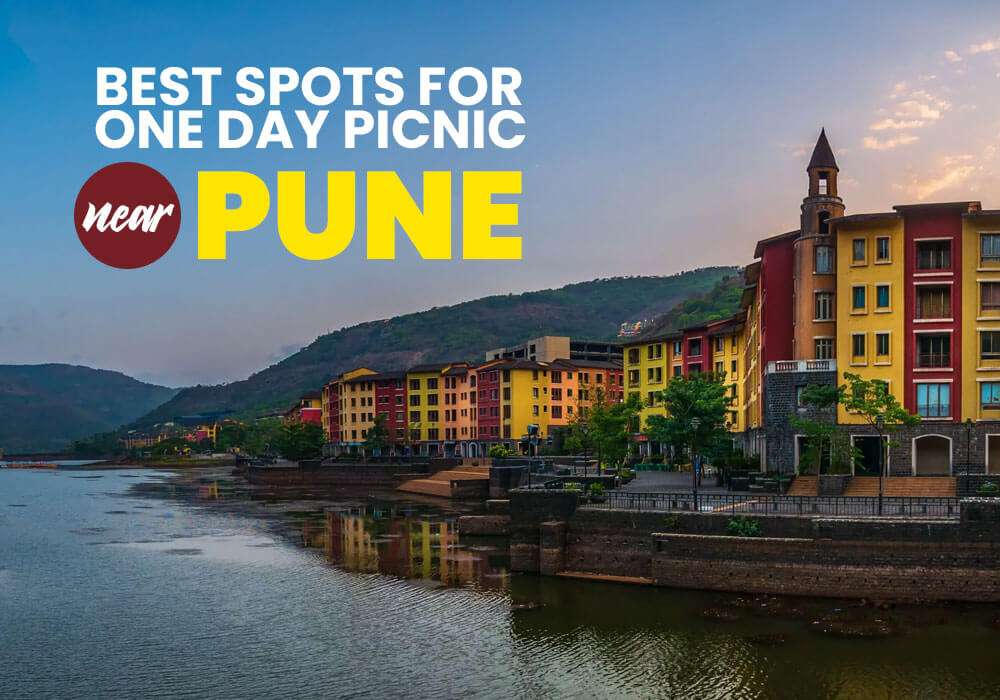
One Day Picnic Spot Near Pune - Adventure, Trekking and Natu...
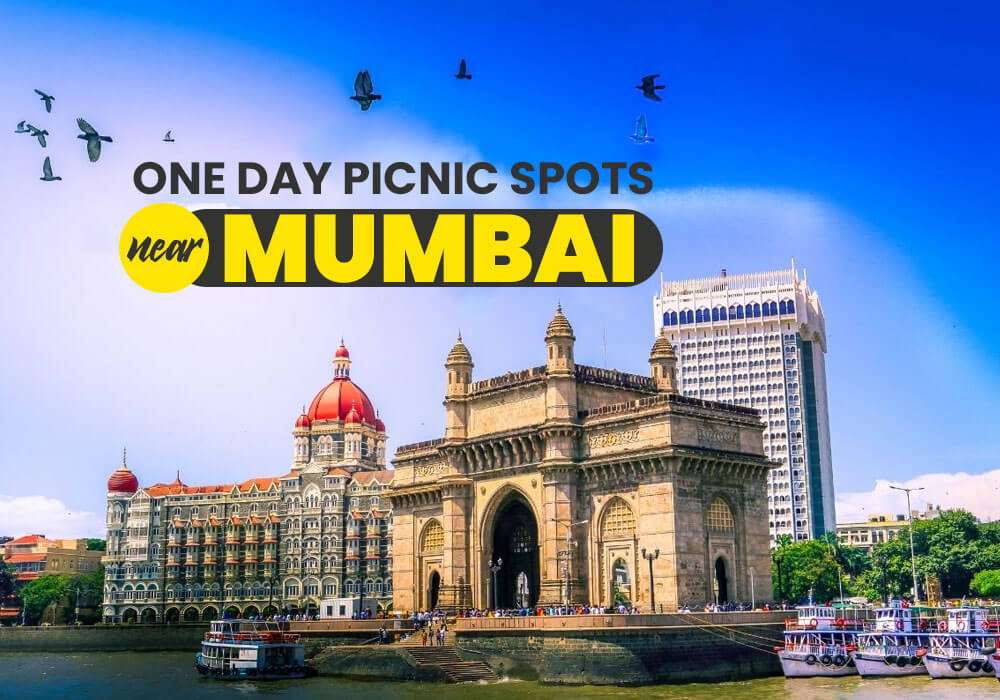
One Day Picnic Spots Near Mumbai - Monsoon, Adventure, Beach...

The Best Places to Go in Thailand in 2025
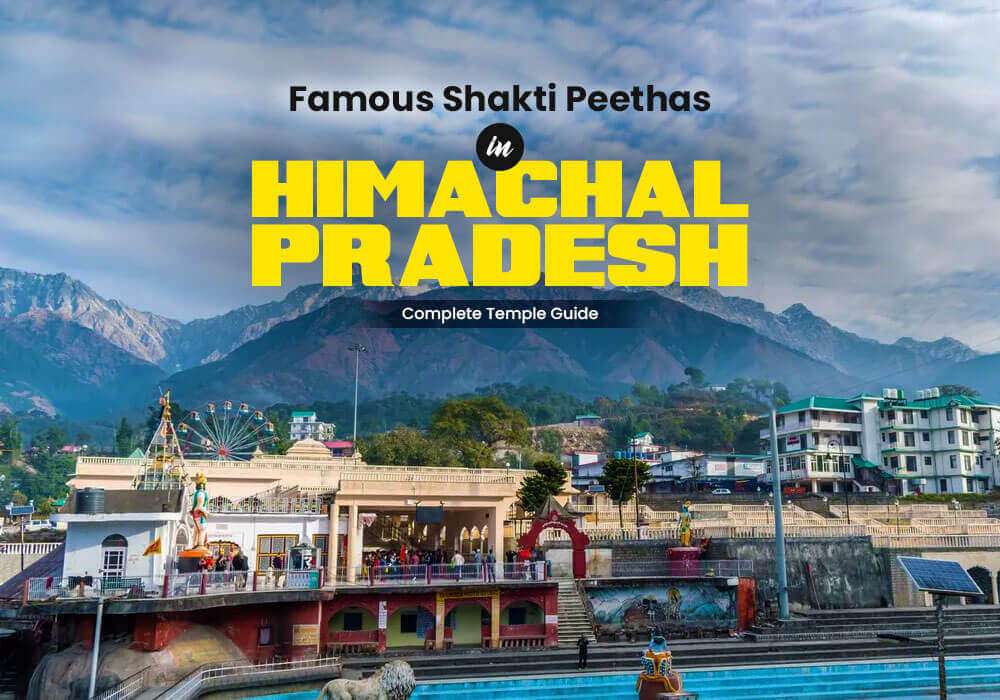


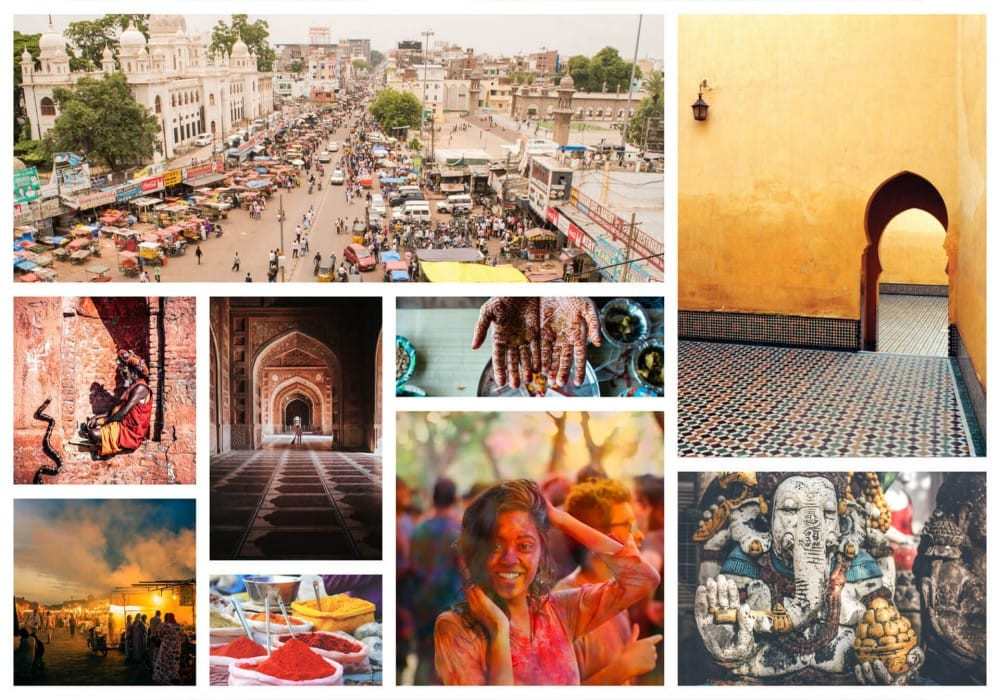
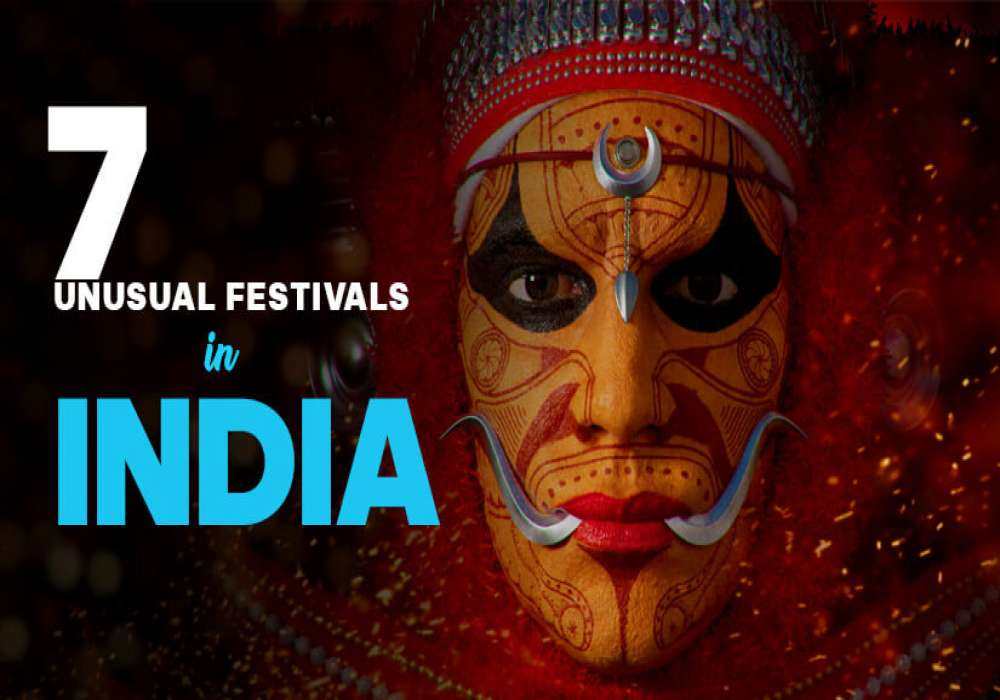


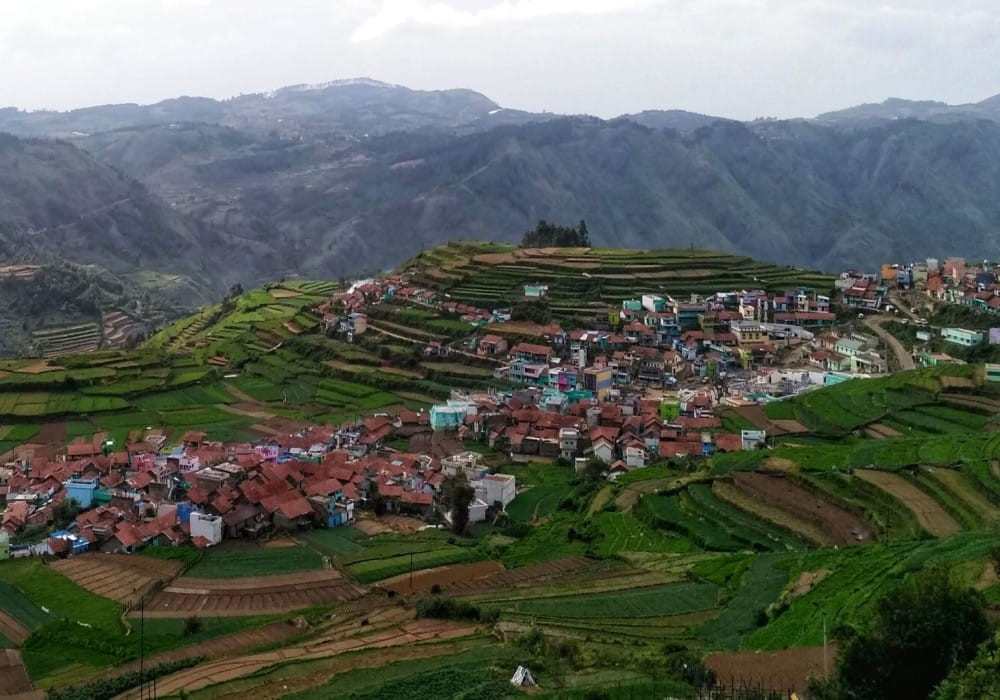

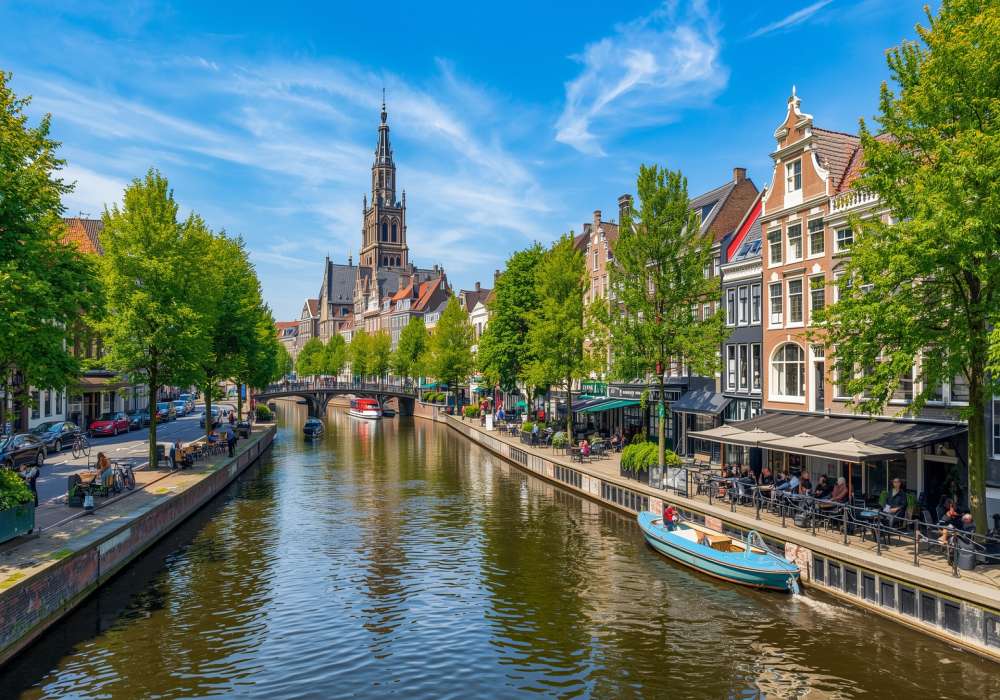


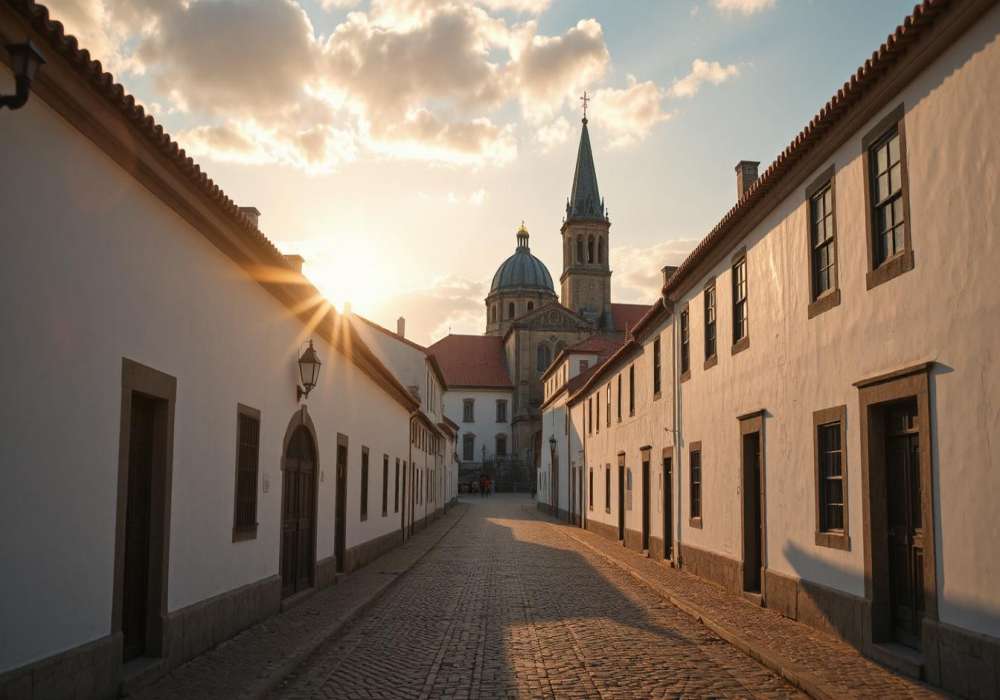
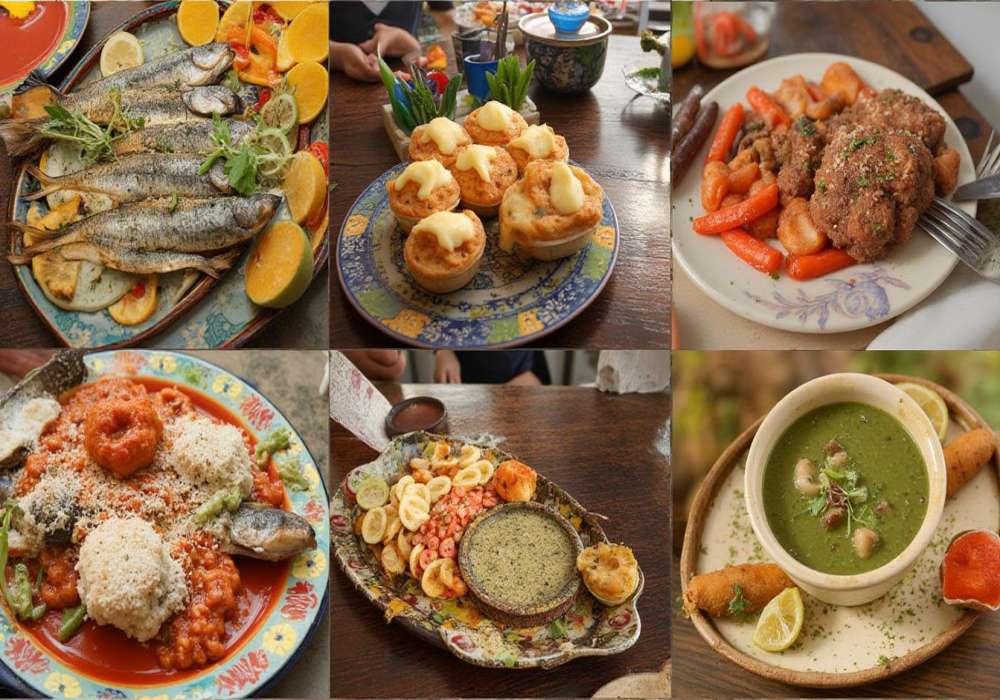
 Dubai
Dubai Malaysia
Malaysia USA
USA





